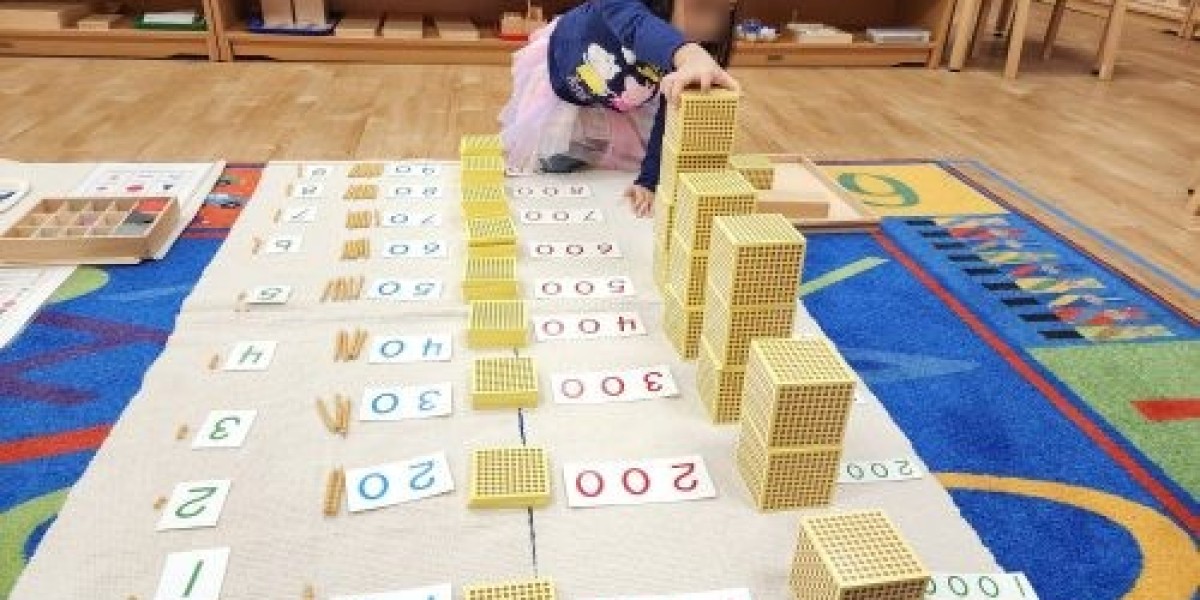Early years determine the cognitive and physical development of a child. The Montessori Infant approach helps one to learn quite organically in daily life. By emphasizing on creating a safe, fascinating, and organized environments where babies may explore at their own pace, this method builds the foundation for basic motor, sensory, and cognitive skills. The Montessori Infant approach encourages hands-on learning—that is, interaction with Infants' fine motor abilities and hand-eye coordination improve with activities including sensory play, stacking, and object gripping using well chosen objects meant to excite their senses and foster their development. . This approach also encourages independence since newborns are able to roam freely, choose activities, and engage with their surroundings in a way that matches their readiness and interests.
Apart from cognitive and physical development, Montessori newborn education supports emotional development. Newborns developing self-confidence and a sense of security from a loving surrounding will determine future social contacts and educational opportunities. The emphasis on respect of the child's uniqueness lays a strong basis for lifelong creativity and research. Ultimately, the Infant Montessori approach assures the complete child—physical, psychological, and emotional—that they have a balanced beginning for their path of learning. This is a financial commitment to their future supporting confidence, love of learning, and independence.









